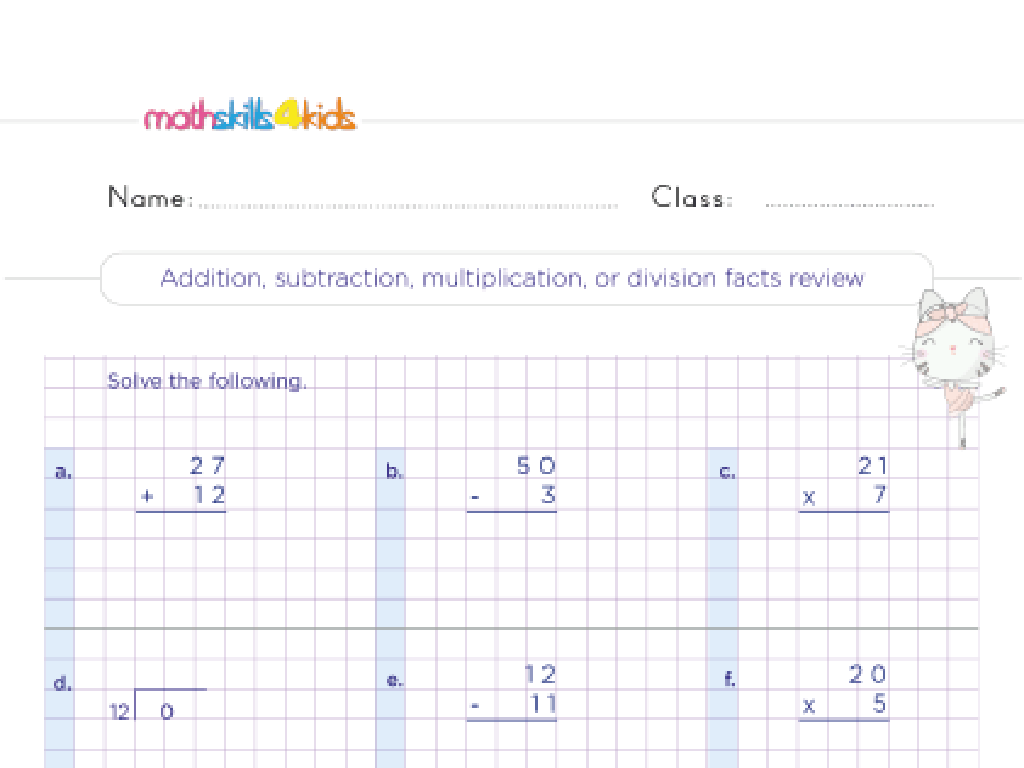Comparing Athens And Sparta: Part I
Subject: Social studies
Grade: Seventh grade
Topic: Greece
Please LOG IN to download the presentation. Access is available to registered users only.
View More Content
Exploring Ancient Greece: City-States
– Greek City-States introduction
– Independent regions with own governments
– What is a Polis?
– Polis: Greek term for city-state, a central urban area
– Athens: Birthplace of Democracy
– Known for its art, philosophy, and governance
– Sparta: A Warrior Society
– Focused on military strength and discipline
|
This slide introduces students to the concept of city-states, or ‘polis’, in ancient Greece, setting the stage for a comparison between Athens and Sparta. Emphasize that each city-state was like a small, independent country with its own way of life and government. Athens is highlighted as the cradle of Western democracy, philosophy, and arts, while Sparta is presented as a society centered around warfare and strict discipline. This contrast will help students understand the diversity within ancient Greek civilization and the unique contributions of these two prominent city-states. Encourage students to think about how the differences between Athens and Sparta might have influenced the culture and history of each polis.
Athens: The Cradle of Democracy
– Athens: A hub for culture
– Renowned for arts, philosophy, and learning.
– Birth of democratic governance
– Pioneered democracy; citizens had a voice in decisions.
– Daily life and education’s role
– Education valued for fostering informed citizens.
– Contrast with Sparta
|
This slide aims to introduce students to ancient Athens, highlighting its significance as a cultural and intellectual center, and its pioneering role in developing democratic principles. Emphasize the contrast between Athens and Sparta, particularly in terms of government and daily life. In Athens, education was crucial for participation in democracy, which differed from the militaristic focus of Sparta. Encourage students to think about how the Athenian emphasis on arts and learning could contribute to a society that values democratic discussion and citizen involvement.
Sparta: A Warrior Society
– Sparta’s militaristic culture
– Sparta was known for its focus on military excellence and discipline.
– Government and social hierarchy
– Ruled by two kings, Sparta had a unique structure with social classes.
– Daily life in Sparta
– Spartan life was centered around preparation for war and discipline.
– The Agoge training system
– From age 7, boys underwent rigorous military training in the Agoge.
|
This slide aims to give students a comprehensive understanding of Sparta as a warrior society. Emphasize the importance of military prowess in Spartan culture and how it influenced every aspect of their lives, from the government to daily routines. Discuss the dual kingship and the roles of different social classes, including the helots. Highlight the Agoge system, where boys were trained from a young age to become warriors, which was integral to maintaining Sparta’s military dominance. Encourage students to compare these aspects with other societies they learn about, fostering critical thinking about the impact of such a culture on a civilization’s development and its people.
Comparing Athens and Sparta: Similarities and Differences
– Both were powerful Greek city-states
– Athens’ democracy vs. Sparta’s military oligarchy
– Athens valued education and civic participation, Sparta valued discipline and warfare
– Contrasting societal norms and cultural values
– Athenian art and philosophy flourished, while Spartans focused on austerity and strength
– Balancing intellect and military strength
– A society’s progress depends on both intellectual achievements and defense capabilities
|
This slide aims to highlight the key similarities and differences between Athens and Sparta, two of the most influential city-states in ancient Greece. While both were dominant powers, they had contrasting forms of government, societal norms, and cultural values. Athens is renowned for its early democratic system and cultural achievements in art and philosophy. In contrast, Sparta is remembered for its strict military regime and social structure focused on discipline and warfare. The discussion should also touch on the importance of having a balance between intellectual pursuits and military might for the development of a well-rounded society. Encourage students to think about how these contrasting approaches to governance and society could have influenced the city-states’ destinies and legacies.
Role Play Activity: A Day in Athens vs. Sparta
– Divide into Athens and Sparta groups
– Role play a day in each city-state
– Act out typical activities, government, education, etc.
– Observe daily life and societal structure
– Notice differences in military focus vs. culture/philosophy
– Discuss insights from the activity
|
This class activity is designed to immerse students in the historical context of two prominent Greek city-states: Athens and Sparta. By dividing the class into two groups, students will engage in a role-playing exercise to explore and understand the daily life, governance, and societal norms of their assigned city-state. Encourage students to focus on aspects such as education, military training, and citizenship. After the role play, facilitate a discussion to reflect on what they learned. Possible variations of the activity could include a mock debate between the two city-states, creating visual posters of daily life, or writing a diary entry from the perspective of an Athenian or Spartan citizen.






